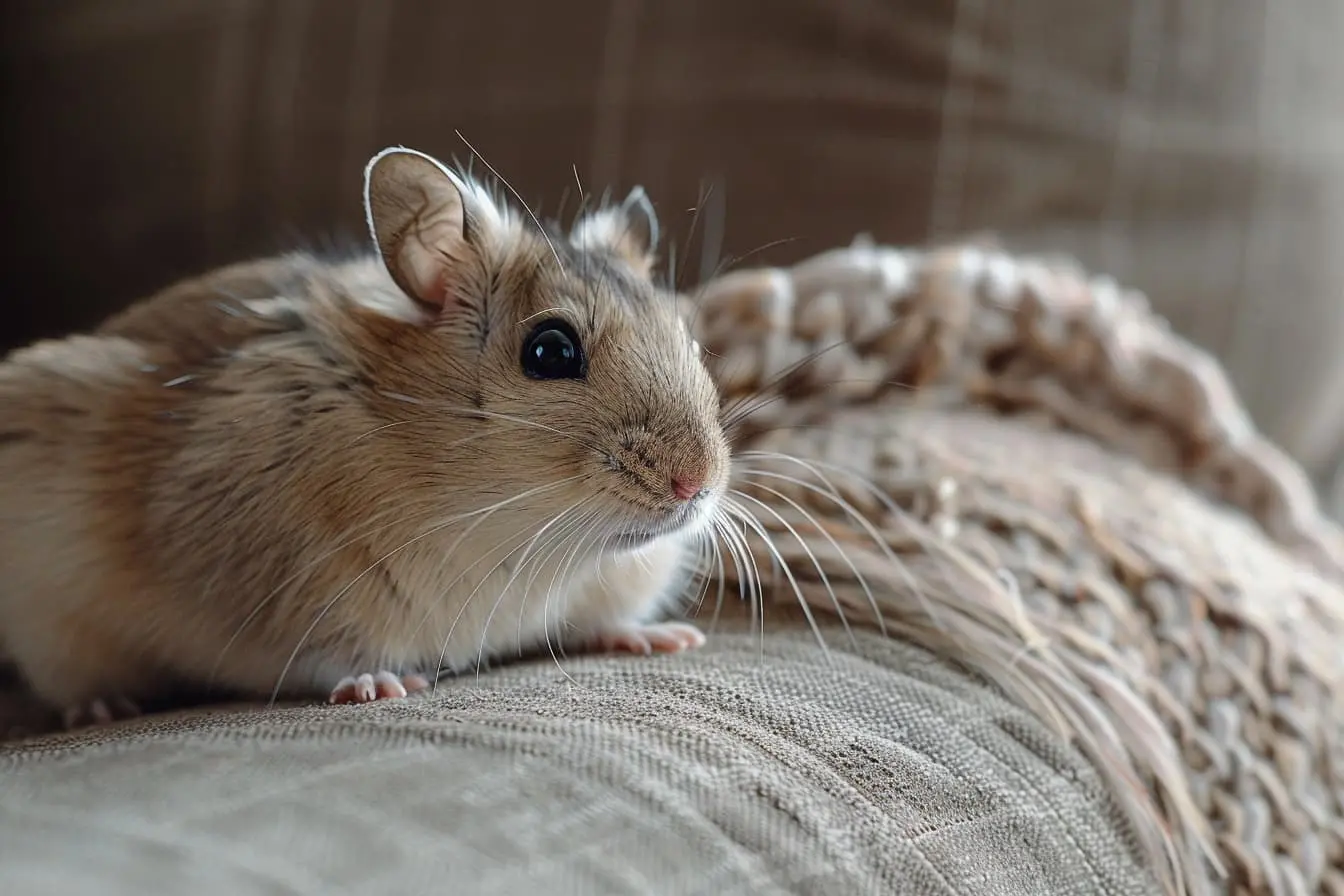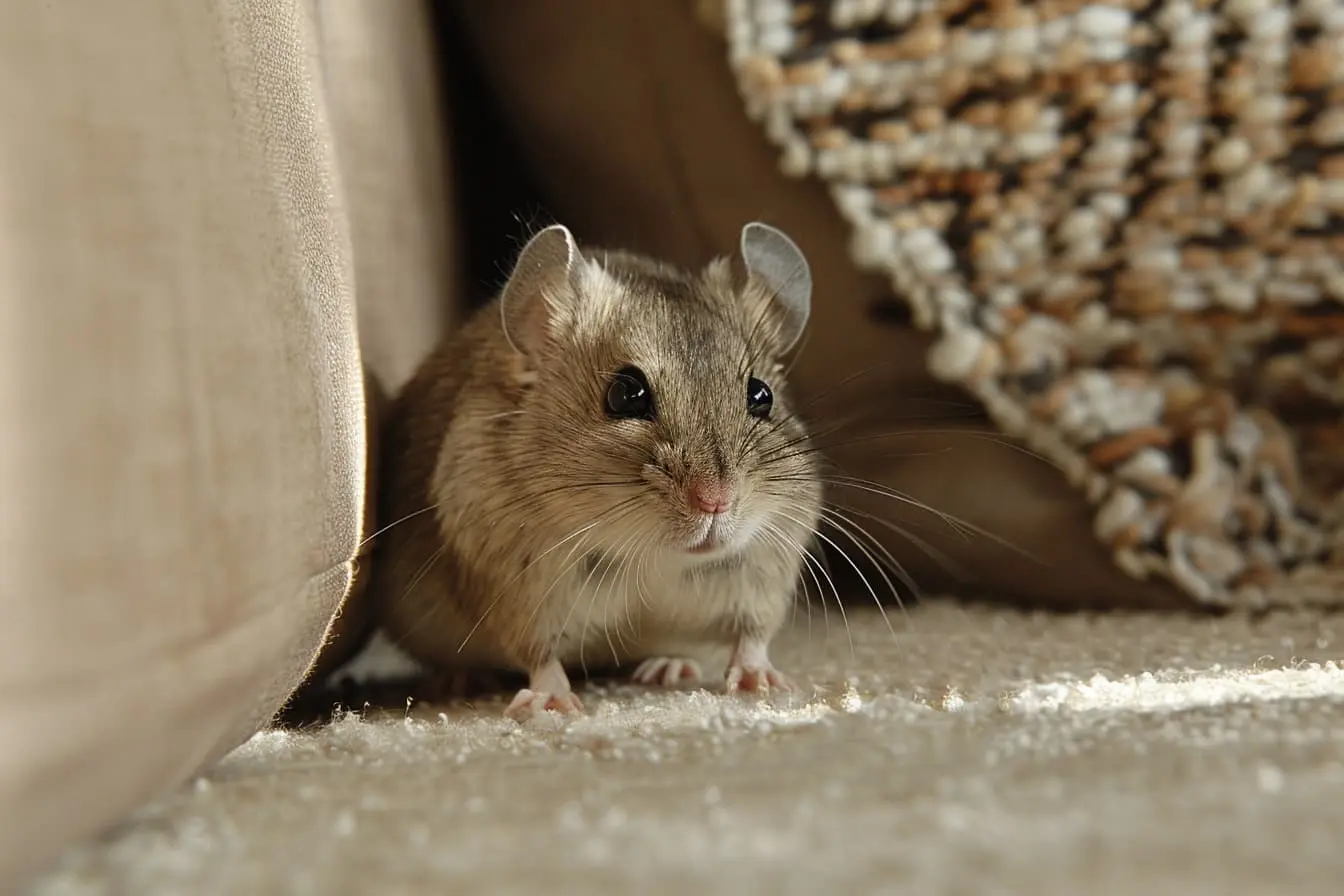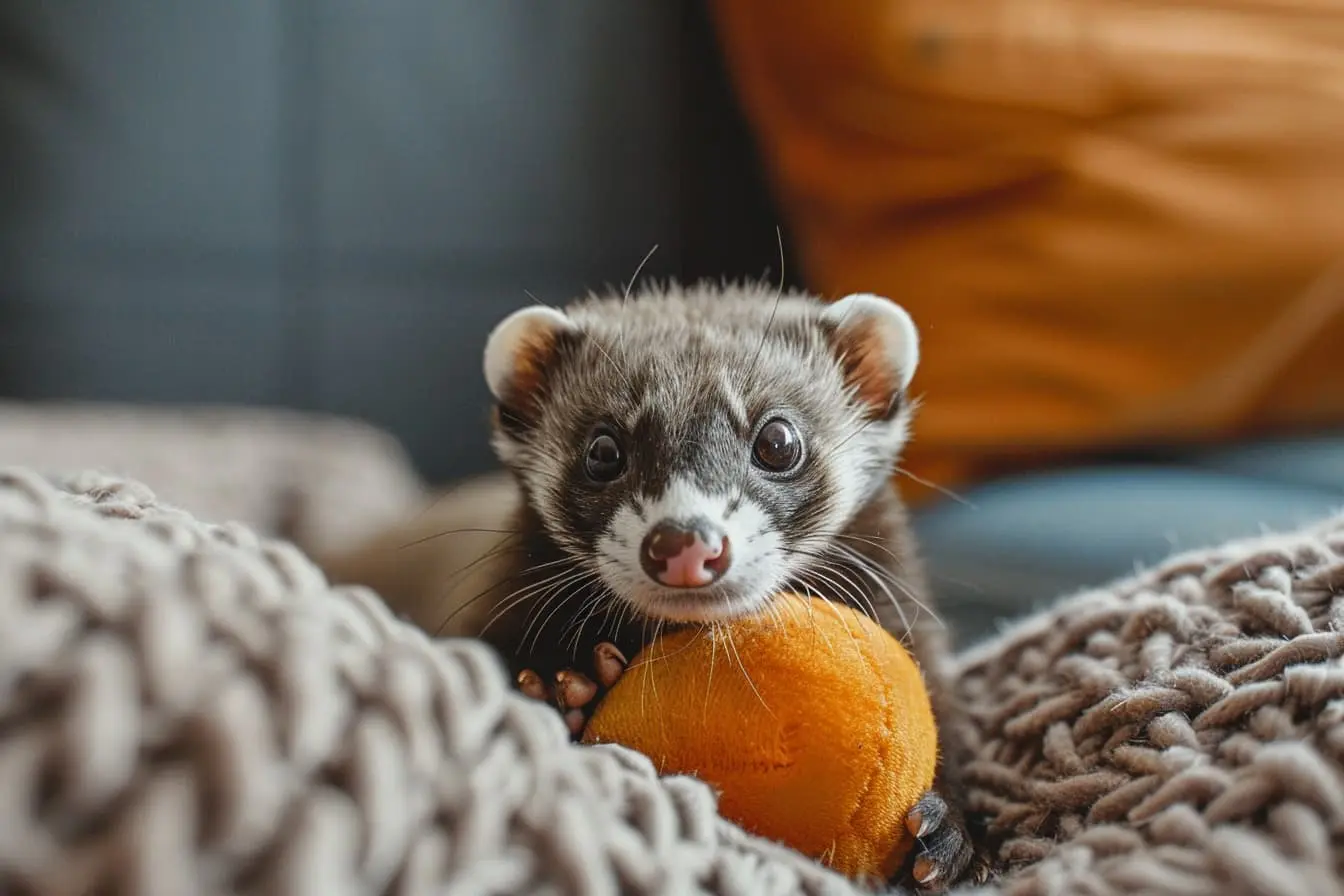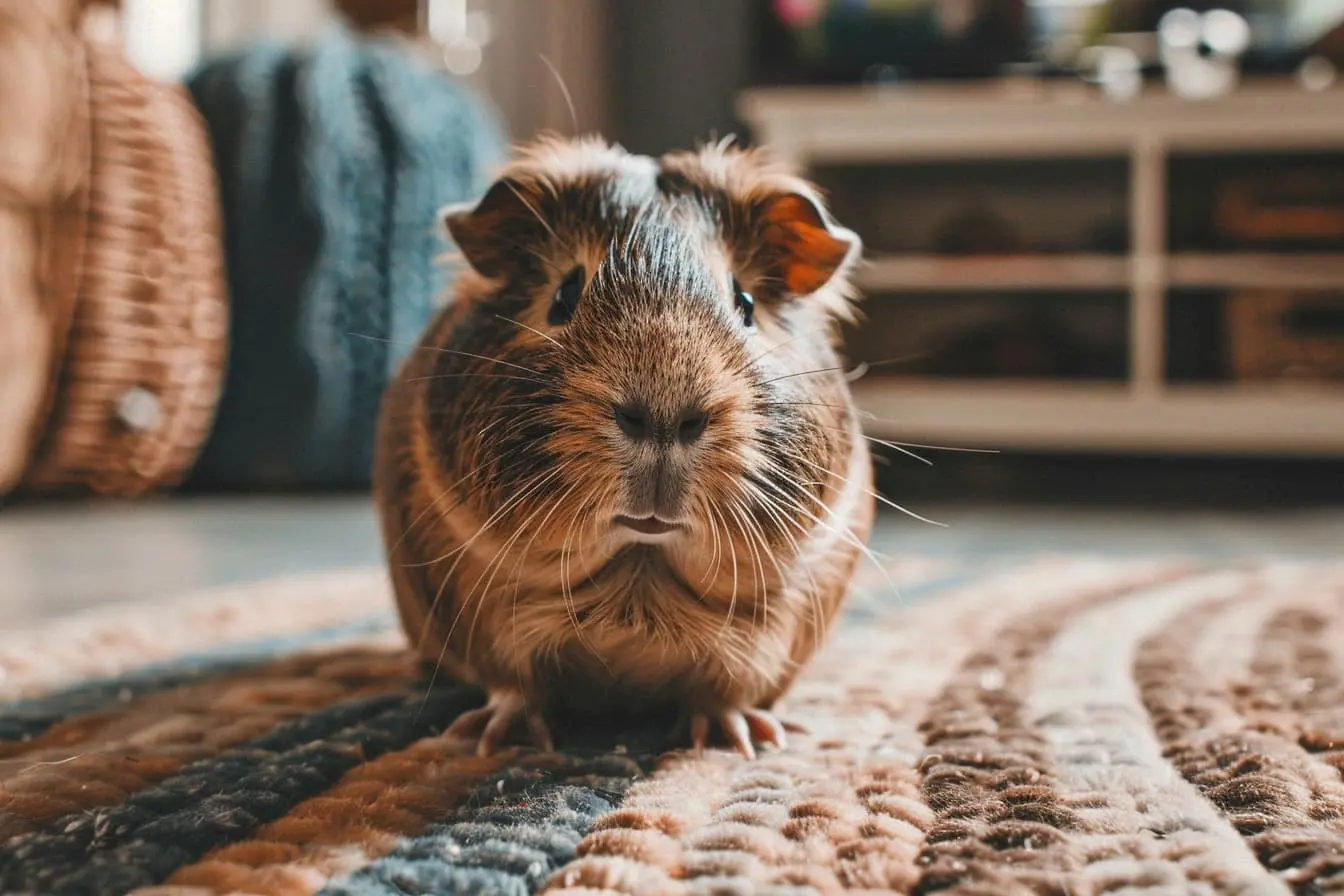
Golden Delights: A Comprehensive Guide to Syrian Hamster Care
Embarking on the journey of pet ownership is an exciting venture, and choosing a Syrian hamster as your furry companion can be a delightful experience. Known for their docile nature and solitary habits, Syrian hamsters are one of the most popular small pets worldwide. If you're considering adding a Syrian hamster to your family, this comprehensive guide will provide you with everything you need to know to make an informed decision.
Introduction to Syrian Hamsters
Syrian hamsters, also known as Golden Hamsters or Teddy Bear Hamsters (due to their long-haired variety), are small rodents originally from the Middle East, particularly Syria. They are nocturnal animals, meaning they are most active during the night and prefer to spend the day sleeping. An adult Syrian hamster can grow up to 6-7 inches (15-17 cm) in length, making them one of the largest hamster species kept as pets.
Why Choose a Syrian Hamster?
Personality and Temperament: Syrian hamsters are known for their gentle and friendly nature. They are usually very tame and can become quite affectionate with their owners, especially if handled from a young age. However, they are solitary animals and should be kept alone in their habitat to prevent fighting.
Ease of Care: Syrian hamsters are relatively easy to care for, making them an excellent choice for first-time pet owners or those with a busy lifestyle. Their diet consists of commercial hamster pellets, fresh fruits, and vegetables, and they require a clean, spacious cage for a happy life.
Setting Up the Perfect Habitat
Cage Size and Type: A Syrian hamster requires a cage that is at least 60cm by 30 cm, with a height of at least 30 cm. The cage can be made of wire, glass, or plastic, but it must have adequate ventilation. Aquariums with mesh lids can also make good habitats.
Bedding: Use safe, absorbent bedding like paper-based products or aspen shavings. Avoid cedar or pine shavings, as they can be harmful to your hamster's respiratory system.
Accessories and Toys: Provide a variety of toys and accessories to keep your hamster entertained and active. This includes a running wheel, tunnels, chew toys, and hiding places. Ensure the wheel is large enough to prevent back bending, which can lead to injuries.
Diet and Nutrition
A balanced diet is crucial for your Syrian hamster's health. A good quality commercial hamster food should form the basis of their diet, supplemented with fresh fruits and vegetables in moderation. Avoid sugary and high-fat treats, and always have fresh water available in a drip-feed bottle.
Health and Wellbeing
Regularly monitor your hamster for signs of illness, such as lethargy, hair loss, or changes in eating and drinking habits. Syrian hamsters are prone to conditions like wet tail, respiratory infections, and diabetes. Early detection and veterinary care are essential for their well-being.
Handling and Bonding
Gentle handling is key to forming a bond with your Syrian hamster. Allow your new pet a few days to acclimate to its new environment before attempting to handle it. Use slow, gentle movements to avoid scaring them, and never wake a sleeping hamster, as they can be startled and may bite.
Pros and Cons of Syrian Hamster Ownership
Pros:
- Friendly and easy to tame
- Suitable for beginners
- Low maintenance
Cons:
- Nocturnal, so may be more active at night
- Solitary, can only be housed alone
- Prone to certain health issues
Conclusion
Syrian hamsters are charming, low-maintenance pets that can bring a lot of joy into your life. However, like any pet, they require proper care, attention, and a commitment to their well-being. By providing a spacious habitat, a nutritious diet, and regular veterinary care, you can ensure your Syrian hamster lives a happy and healthy life. If you're prepared for the responsibility, a Syrian hamster can be a wonderful addition to your family.
Vets near you
Speciality vets
- Aquatics vet specialists
- Birds vet specialists
- Camelids vet specialists
- Cats vet specialists
- Cattle vet specialists
- Deer vet specialists
- Dogs vet specialists
- Equines vet specialists
- Exotic vet specialists
- Goats vet specialists
- Pigs vet specialists
- Poultry vet specialists
- Sheep vet specialists
- Small Mammals vet specialists
- Wild vet specialists
Vet facilities
- Accessible by public transport
- Blood testing
- Car park nearby
- Client car park
- Dentistry
- Diagnostic imaging
- Disabled public access
- Flea and worm treatments
- Microchipping
- Mobile services
- Neutering
- Open at weekends
- Out-of-hours service
- Referral interests
- Referrals only
- Street parking outside
- Toilets available
- Vaccinations



